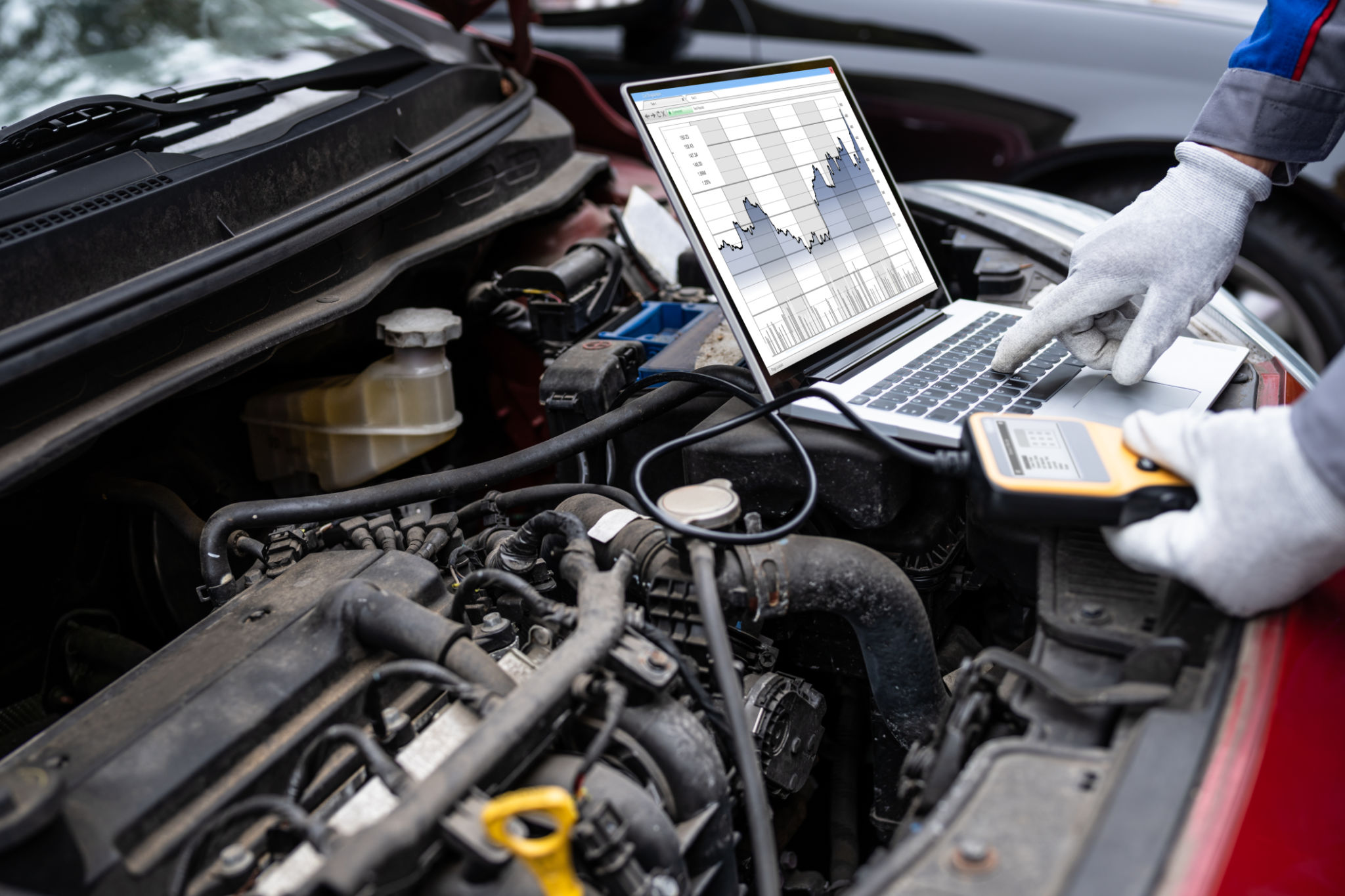Common Myths About Piano Tuning Debunked
Understanding Piano Tuning
The art of piano tuning is often shrouded in mystery, with many misconceptions floating around. Whether you're a seasoned pianist or a beginner, understanding the truths behind these myths can help you maintain your instrument properly. Let's explore some of the most common myths about piano tuning and set the record straight.
Myth 1: Pianos Only Need Tuning Once a Year
One prevalent myth is that pianos only require tuning once a year. While this might be convenient, it’s not entirely accurate. The reality is that pianos are sensitive instruments affected by environmental changes such as humidity and temperature. Ideally, a piano should be tuned at least twice a year to maintain optimal sound quality. If you play frequently or have recently moved your piano, you might need more frequent tunings.

Myth 2: New Pianos Don't Need Tuning
Another common misconception is that new pianos don't need tuning. On the contrary, new pianos often require more frequent tuning initially because the strings are stretching and the wood is settling. During the first year, it's recommended to tune a new piano three to four times to ensure it adjusts properly to its environment.
Skipping these crucial early tunings can lead to long-term tuning instability. Regular maintenance during this period sets the foundation for a stable and consistent sound.
Myth 3: Digital Pianos Need Tuning
This myth can cause confusion for many considering the purchase of a digital piano. Unlike their acoustic counterparts, digital pianos do not require tuning. They use electronic components to produce sound, meaning environmental factors like humidity or temperature changes don't affect them. However, it's still important to maintain other aspects of digital pianos, such as keeping them clean and updating software when necessary.

Myth 4: Any Musician Can Tune a Piano
Some believe that any musician with a good ear can tune a piano. While having a good ear is certainly beneficial, piano tuning is a skill that requires specialized training and tools. Professional piano tuners undergo extensive practice to perfect their craft, ensuring each string is precisely adjusted for the best sound quality.
Attempting to tune your piano without proper knowledge can lead to damage or poor sound quality. It's always best to hire a professional for this intricate task.
Myth 5: Tuning Fixes All Piano Issues
Tuning is essential for maintaining pitch, but it doesn't solve other mechanical issues that may arise within your piano. Problems such as sticking keys, broken strings, or malfunctioning pedals require separate attention from a qualified technician. Regular maintenance and inspections will help identify these issues early and keep your piano in top condition.

By debunking these myths, you can better care for your piano and ensure it remains a beautiful instrument for years to come. Regular tuning and professional maintenance are key aspects of preserving the quality and longevity of your piano's sound. Remember, knowledge is power when it comes to keeping your piano in perfect harmony.
